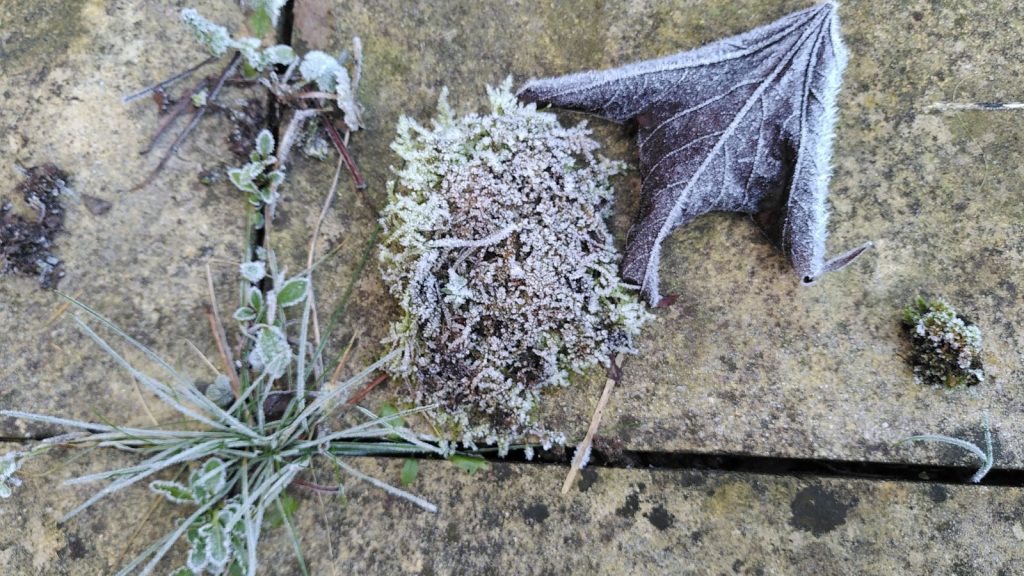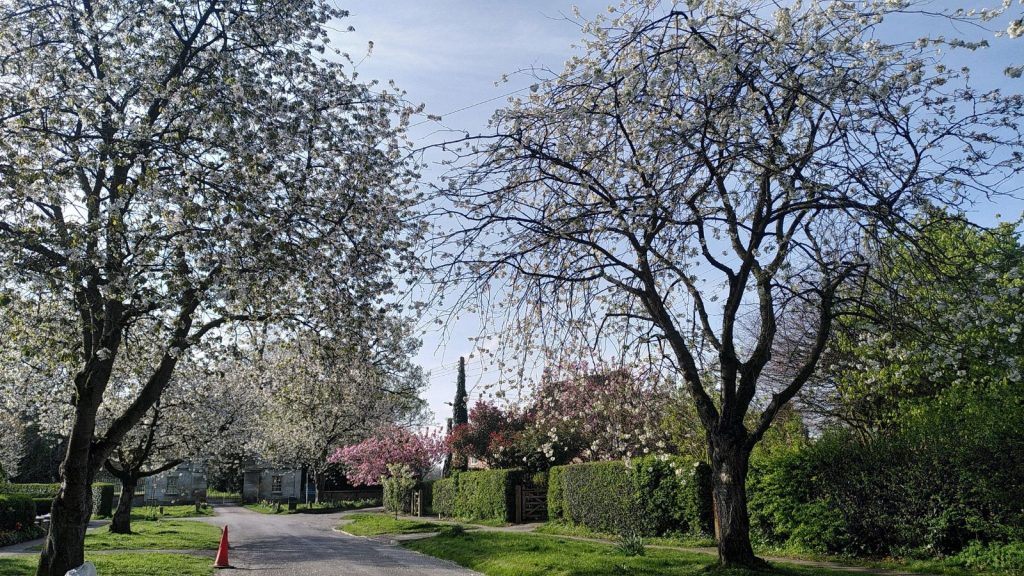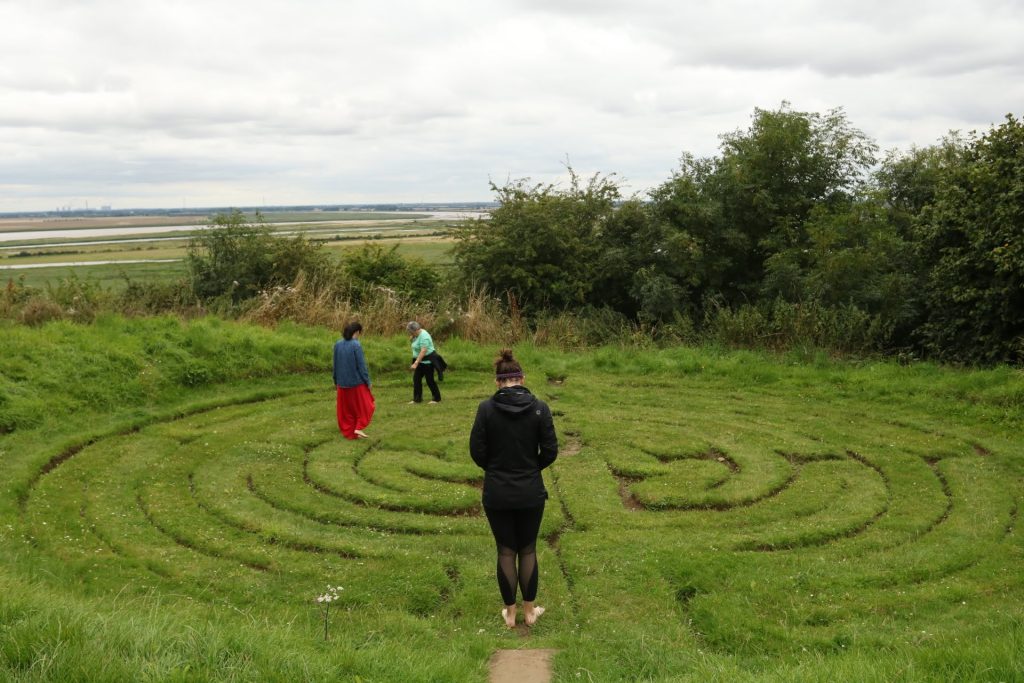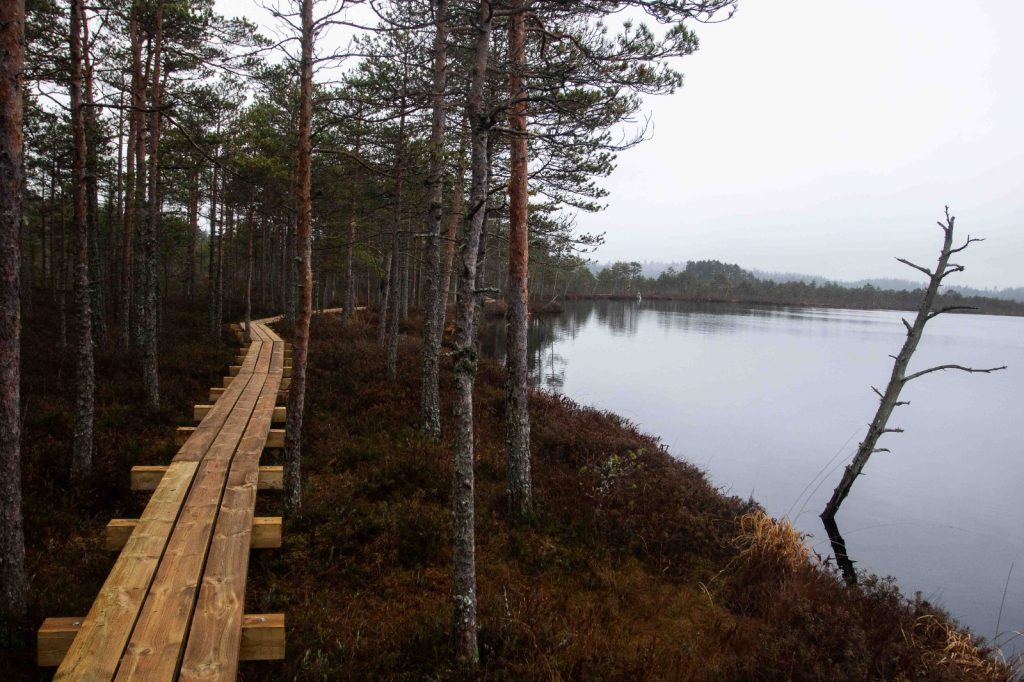Rewriting the future – an anthropological research on Cli-fi
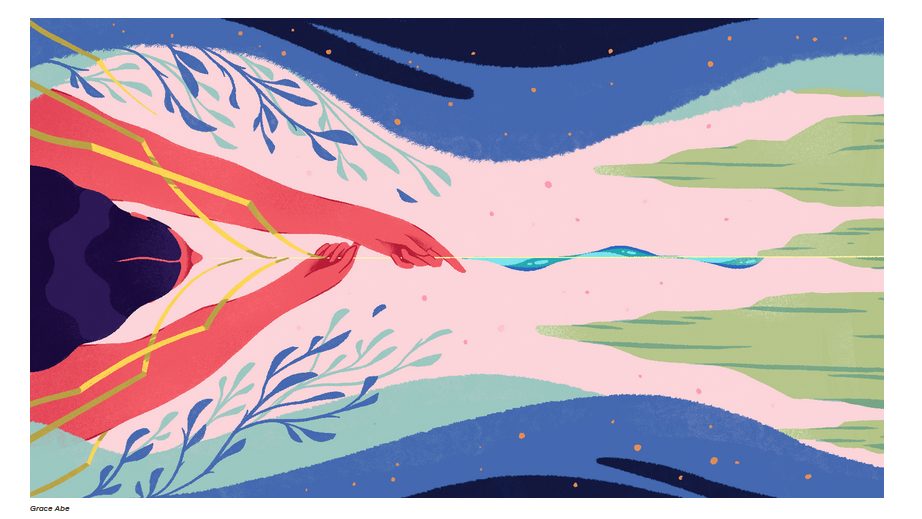
Lili joined some of our Cli-Fi sessions last year as part of her Master’s research. Her thesis is now out in the world (you can find it here) so we asked her to share some of her key learnings and groups she discovered along the way.
Over to Lili.
Resisting feelings of eco-anxiety
You might know the feeling.
Laying awake at night.
Scrolling through news in the morning and feeling it in your stomach, the fear for what’s to come. The dread for what’s currently happening. This feeling, known as eco-anxiety, has become part of many people’s daily lives to the point of them living in a state of ‘chronic crisis’ (Vigh, 2008), in which they constantly expect the worst to happen, are overstimulated by news of ecological disaster, and deal with feelings of eco-grief and guilt.
As a woman in my twenties worried about the state of the world, I could definitely be defined as an eco-anxious person. These thoughts, and the desire to act, take such a place in my mind that, in 2021, I decided to pursue a Master’s of Cultural Anthropology tackling concepts of environmental and social sustainability. I started it with the desire to learn more, and I ended up feeling all the more anxious. Being surrounded by themes of sustainability, environmental destruction, and social justice, I felt that the problem was too big to be tackled.
At the end of the master’s, I had to decide on a research topic for my thesis. As an anthropologist, I had to decide which “field” I wanted to be part of for the months to come, which question linked to sustainability I wanted to answer. And, as winter drew on and I felt the anxiety worsen, I realised one thing: what kept me together at this time were discussions with friends and loved ones, reading fiction, and writing about my feelings. In three words, community, creativity, and positivity.
What happens when you decide to focus on the good?
And so, I decided to take a bet. I wondered:
What happens when I decide to focus on the good?
What happens when, instead of words of despair, I get to fall asleep to stories of hope?
This question prompted my research journey. I knew there was such a thing as a movement called climate fiction. I knew some people decided to write about the future, and that not all of those stories were bleak. I wanted to learn more. I believed in the power of words, and I decided to research narratives of hope, wondering whether (positive) stories can help people deal with their climate anxiety and whether it affects their perception of the future.
This was it. I got ready, arming myself with questions, a recording app, and a small red notebook. On a cold evening in January 2022, I sat in my room in the Netherlands, turned on my laptop and joined the first of many workshops.
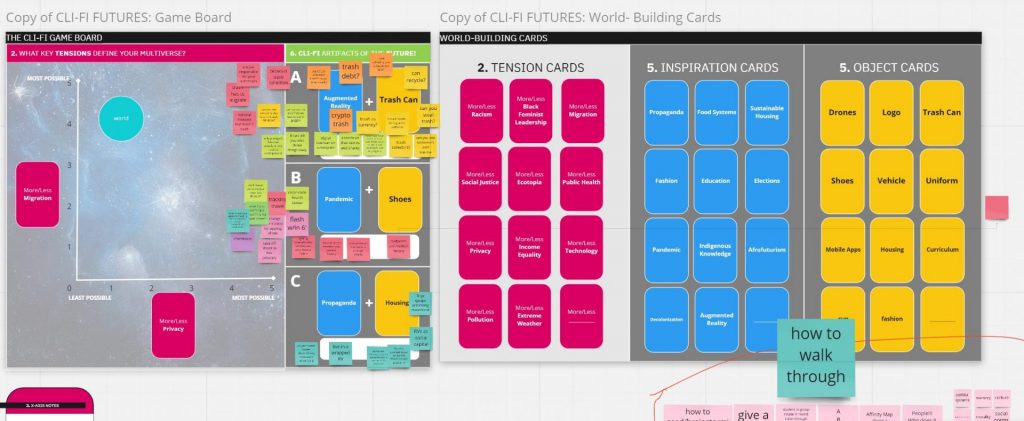
During three months I joined countless zoom calls, attending more than 50 online events related to hopeful stories for the future – improvisation theatre, writing groups, panels and workshops, interviews, discussions and reading sessions. I followed classes on the art of climate fiction and I wrote stories, read them aloud and received feedback, my heart racing. I watched visual interpretations of short stories, I listened to academic panels, I played a climate fiction game. I fell asleep to hopeful storytelling nights, accents and noises making the stories alive and soothing me. I joined visualisation of stories, closing my eyes as I was prompted to do so, imagining myself in a future forest. I browsed through participants’ blog posts, and read every story that was sent or recommended to me.
Hope became my new guideline, the thing I actively looked for in stories and people’s speeches. It was all around me.
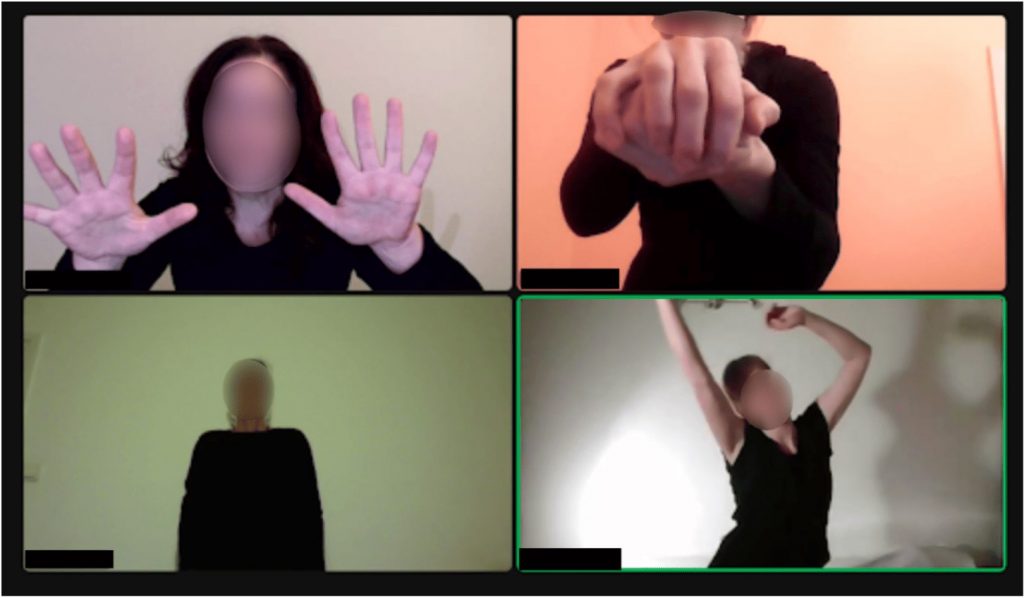
Stubborn hopefulness and radical compassion
“Why is it easier to imagine the end of the world than to imagine the end of capitalism?” climate activists often ask. System change requires rethinking everything. In their climate fiction anthology, O’Brien et al. stated that climate change is anything but fiction: “Real stories of risk, danger, and loss are conveyed to us daily” (2019, 1), and protagonists who are taking action are numerous; farmers, firefighters, elected officials, activists, and those of us who have a stake in maintaining a planet that is hospitable to life. While there are also many antagonists, such as the oil industry, capitalism, or individuals who believe in paradigms of progress, endless consumption, unlimited growth or in techno-optimism, the story is a very nuanced one, as people and processes are constantly shifting.
During my research, I often came across the phrase “if you want to create the future, you need to imagine it first”. While climate change often triggers feelings of anxiety, the people I met consciously chose to foster a sense of active hope, to make an even bigger effort to focus on little things. Someone told me: “It is like climate change makes everything matter more. You know, every act and every little sustainable act becomes more important.” while another person added “Because there is so much love and so much uncertainty, every win is such a big win. Because it makes it possible.”. In hopeful speculative fiction, every little thing matters. As individuals, writers, and readers, writers aim to create a vision of the world in which every act, every person counts. “You know, painting a picture of one person fighting the big bad and winning is great, but that’s not how it works. The wins come from so many people. Fighting tiny battles all the time and racking up those little wins to mount up to something bigger. And the stories that show me those little wins, the achievable wins, that is what really motivates me, because those are things that I can do, or those are the things that I can believe that other people can do.”
Cli-Fi for beginners: #Overdystopia
The Cli-Fi for beginners: Imagination for climate solutions group is a beautiful example of this. The group is, as stated, #OverDystopia, and focuses each month on one climate solution from Project Drawdown; they explore, discuss and inspect it before writing hopeful stories. The aim is to « project [them]selves into the future as though that solution were already so. ».
The CliFi for beginners writing group was the first event I joined for my research, and I was nervous as I logged in, but the kind atmosphere quickly put me at ease; the warmth and positivity of the group is felt as soon as you join. Each individual is encouraged to share ideas and input (usually in smaller groups so climate solutions can be discussed in more depth), and I felt safe enough to let my imagination run wild – and laugh alongside others as we came up with various ideas of a positive future.
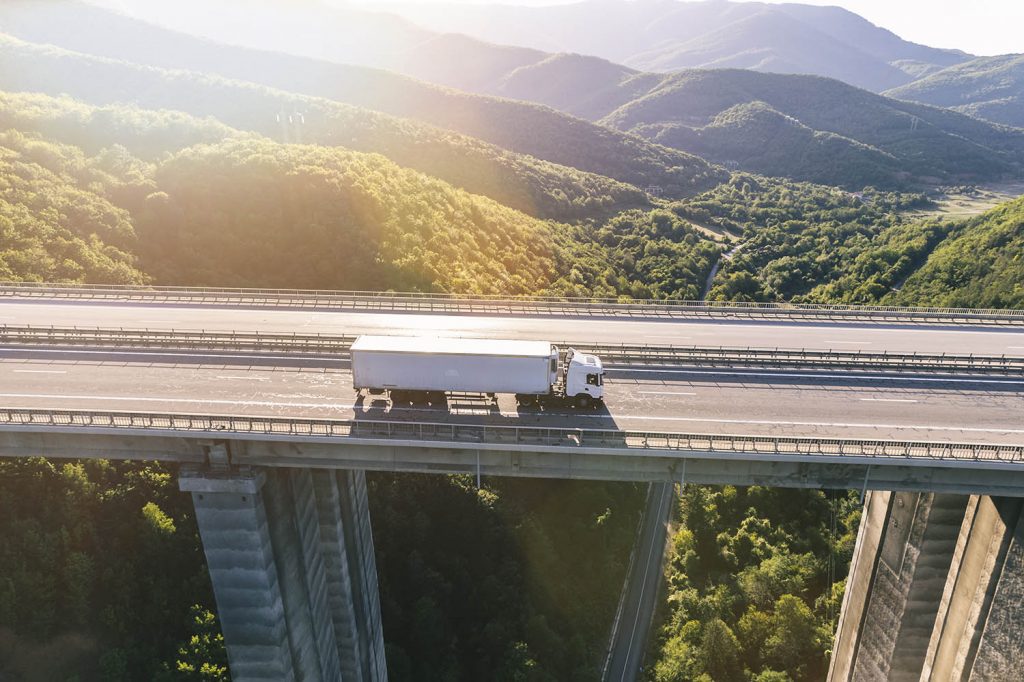
A Gliding Companion
The sun caught his eye for a second, a bright splash of gold reflected on the truck’s solar panel. It was all around him, that light, dancing in shimmers on the hot road…
Being the one in charge of writing the future is a unique task. As a climate sensitive person, I am used to debates and discussions, but I had never taken the time to write the stories of what I would like to see happen. Cli-Fi for beginners offered me that space. To have the opportunity to shape an idea of the future around a specific topic, to think of characters and a plot, even for a few lines, feels important. I would highly recommend to try and join one of the workshops, so you can imagine your own positive future(s). All participants are kindly encouraged to submit their stories to the Cli-Fi Imaginarium, which is a good motivation to keep writing and keep imagining, long after each session ends.
In climate fiction, writers create stories in which characters embody change, which they hope will inspire readers to act. Playing with the fate of characters is intimately linked to the fate of readers: by refusing dystopia and writing a more optimistic future, writers hope that readers will pick up on small cues and act. This gentle nudging and persuading through writing can be a powerful and subtle form of activism, both for readers and for writers themselves, so people can see themselves as social and environmental change agents. By using writing as a learning tool for resilience, creativity and empowerment, writers foster a sense of active hope (Macy, 2012) both in readers and in themselves.
And, eventually, it goes beyond the individual; hopeful climate stories act as a place for readers’ imagination to take roots. It aims to affect decision making in the present, to show that different sets of individual and collective decisions can have an impact on a local level, first, and then on a global situation.
This push towards social change is what the solarpunk movement came to represent for many. More than a literary movement, solarpunk aims at rethinking society in all areas: design, communities, city-planning, politics, economics, and so on. It is a new grid through which to see, feel, and create the world. “What I love about solarpunk is that it is stubbornly hopeful”, said one of the people I met during the research, “this is why we need solarpunk: it is a new mythos which is cooperative, and radically compassionate”.
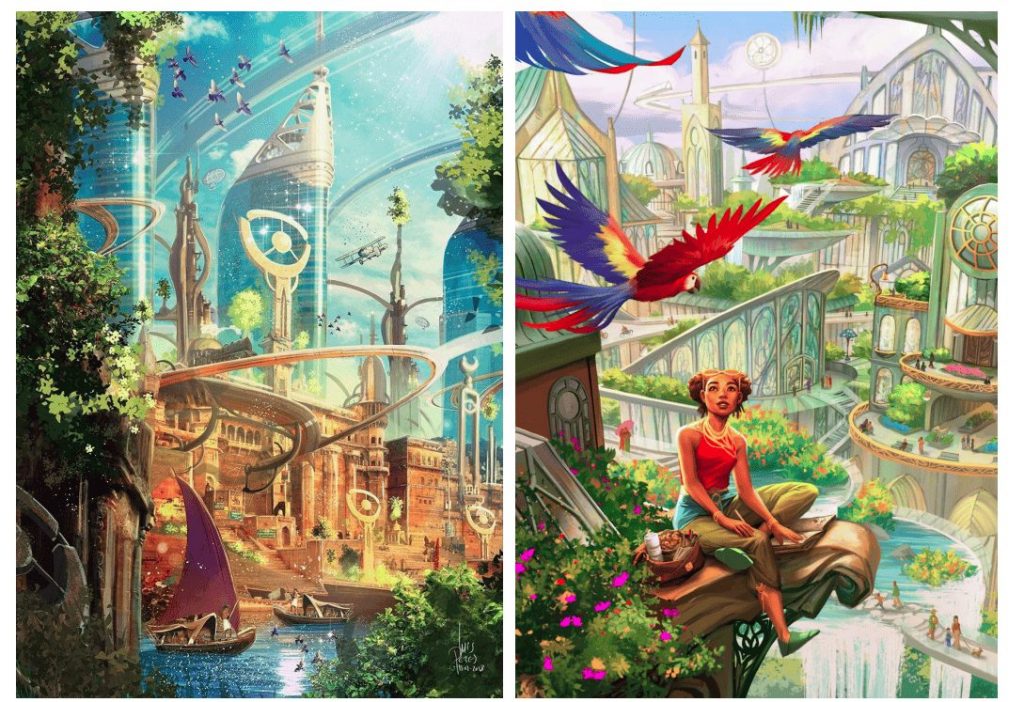
The power of community
In Solarpunk, power and diversity are intimately intertwined. Solarpunk aims to build a narrative that can be co-created by as many people as possible. This is the power of climate fiction: communities are being built, slowly, both offline and online. Participating in online events is a way to create a feeling of belonging with others. I noticed when reading the chats: people exchanged contacts, thanked others for their inputs, and planned to meet in later events. After a particularly touching writing event, a participant exclaimed: “It’s all very empowering. And that’s amazing, because I feel so so much of the crisis is about feeling hopeless, and helpless, really. And it’s just so good to meet people that are like, yeah, we can do something about it, together.” Meeting other people with the same outlook and creating a community around climate hope can help participants feel more empowered. I witnessed it myself: as I left most of the events, my heart was lighter, and I’d run to the kitchen to tell my flatmates about the latest creative discoveries of the night, a smile on my face. Feeling like a part of these communities might help feel more grounded on an ever-transforming planet. Being solarpunk might be an answer to acute feelings of eco-anxiety, in particular solastalgia, a term coined by Albrecht in 2006, which means feeling homesick even though you are at home. In our current troubled world, perhaps stories can help create a sense of belonging, both through showing possible futures we can create and inhabit, and by creating communities.
If this research taught me one thing, it is that writers of hopeful stories are environmental activists. Writing hopeful stories for the future is a political act, anti-capitalistic by nature, as it aims to create a fair, equal society for all. There are many ways one can be an activist. After spending so much time talking to many inspiring people, I firmly believe that change can take its foundation on hope. And if we wish to achieve a better kind of future, perhaps we need to start focusing more on the good, on what we actually want to be, rather than what we just want to avoid. What future do we want to create? Hopeful climate stories are a good place to start looking.
References
- Albrecht, Glenn. 2006. “Solastalgia.” Alternatives Journal 32.4/5: 34-3
- Macy, Joanna, and Chris Johnstone. 2012. “Active hope: How to face the mess we’re in without going crazy.” New World Library.
- O’Brien, K., El Khoury, A., Schafenacker, N. and Rosenfeld, J. (eds). 2019. “Our Entangled Future: Stories to Empower Quantum Social Change.” AdaptationCONNECTS Research Project, University of Oslo: Oslo, Norway.
- Vigh, Henrik. 2008. “Crisis and chronicity: Anthropological perspectives on continuous conflict and decline.” Ethnos 73.1: 5-24.
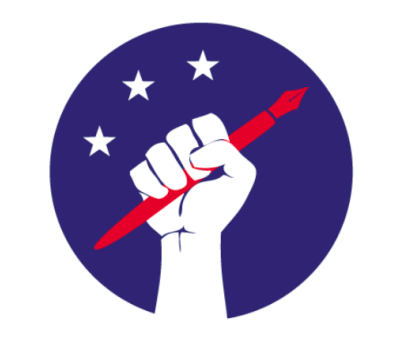
Full link to the thesis:
https://studenttheses.uu.nl/handle/20.500.12932/42770
Links to other creative climate fiction/hopeful groups:
You too, should you be in need of a shot of hope and companionship amidst the climate crisis, can, along with the Cli-Fi for beginners sessions of With Many Roots, join some of these wonderful workshops:
- Climate Illustrated‘s storytelling
- Create The Future writing’s sessions
- Regular call for hopeful climate pieces by New Writing North
- Future sessions of the ‘Climate Futures Action Explorations’ (initiated by Jörg and Valentin) full of inspiration and joy!
You can also type keywords such as “climate fiction” or “hopeful storytelling” in Eventbrite and Meetup, and see what comes up. Many actions and communities are being built lately!
Artwork by Grace Abe. Cover page of the climate fiction writing contest organised by Fix.
